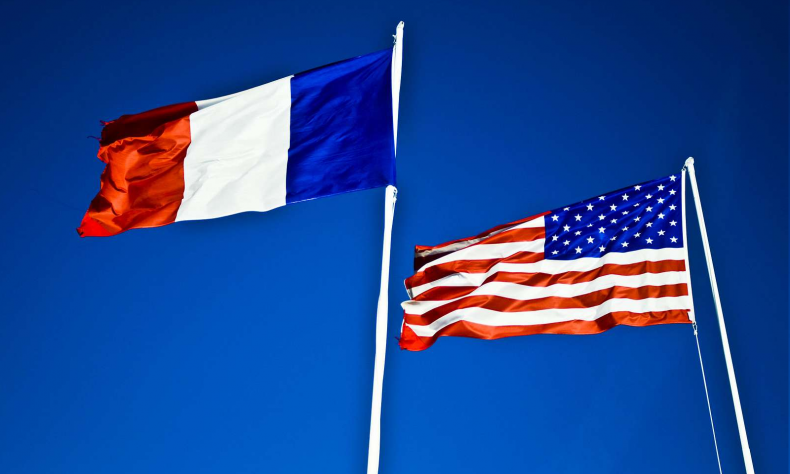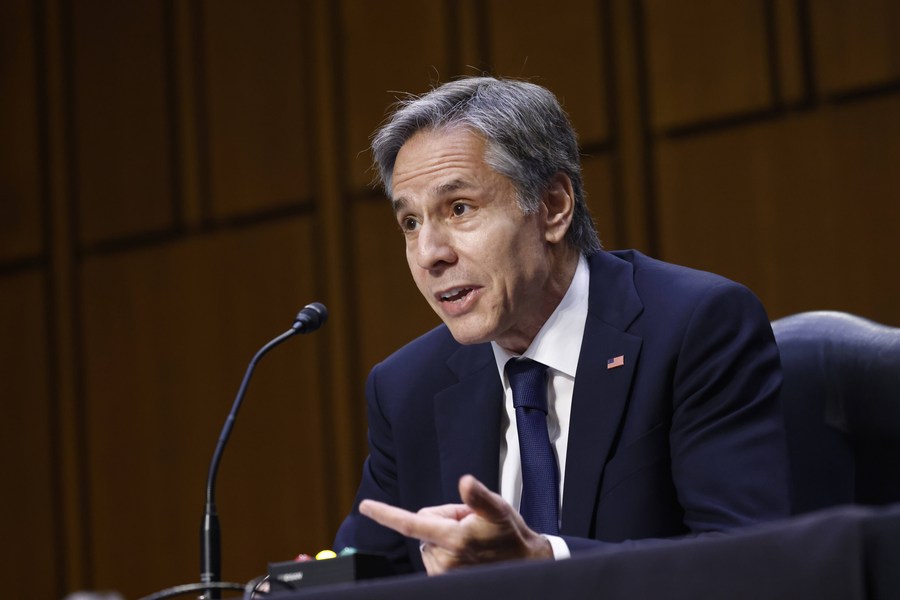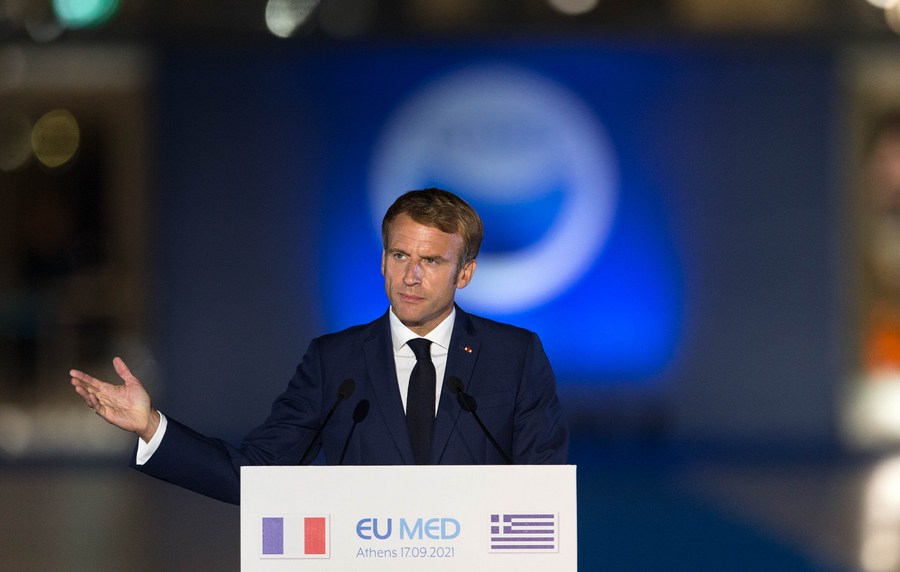Cause of France-US Dispute Runs Deeper

The departure of the U.K. from the EU helped open the way for France to take charge, and the chaos of American foreign policy during Trump’s term convinced France and the EU to keep its distance.
The decision by France to recall its ambassador from Washington in September marked the biggest shock to U.S.-France relations in decades. Never before had the French Ambassador to the United States been pulled in protest.
The ostensible and primary reason was because America’s secret dealings with Australia resulted in the cancelation of a $66 billion contract for Australia to purchase 12 French-made submarines. France says it was blindsided, being informed neither by the U.S. nor Australia.
U.S. Secretary of State Tony Blinken visited France to try to patch things up, but not much was resolved. There is no reason to doubt France’s righteous fury over American machinations. The French-Australian deal had been in place since 2016, and any country would be outraged to see the rug pulled out from its flagship military contractor, which is partially owned by the state.

But there seems to be other reasons bubbling under the surface in addition to the anger over the sub deal. France also strategically disagrees with the U.S., Australia and U.K. over China policy, and are concerned with the hawkishness of America’s steadfast allies.
The deal is not all about money, after all. The connections between the supplier and the client create military links and influence how the two countries can work together on defense. The French-Australian deal would have included technology transfers and would have pushed France’s agenda in the region to some degree. In responding to the news, the French newspaper Liberation wrote that the idea of “Pacific France” was “wrecked.”
Instead, Australia is throwing in with the U.S. and its cold war strategy against China.
In the statement issued on Sept. 17 announcing the withdrawal, France said, the consequences “directly affect the vision we have of our alliances, of our partnerships and of the importance of the Indo-Pacific for Europe.” France has a fundamentally different view of Indo-Pacific strategy than the U.S. and its followers.
Under President Emmanuel Macron, France has taken it upon itself to be a leader in the European Union and chart a new role for a more independent EU with more sway on the global stage. The departure of the U.K. from the EU helped open the way for France to take charge, and the chaos of American foreign policy during Trump’s term convinced France and the EU to keep its distance. Even under the new Biden administration, the U.S. has maintained some foreign policy hallmarks of the Trump years, including its hard line on China and its sudden, unilateral lurches.

The EU is much more willing to cooperate with China on various issues than the U.S. and Australia. Macron endorsed the CAI investment deal with China before Biden came to office, despite Biden’s appeals to France to slow it down. Macron, speaking to the Atlantic Council in February 2021, said, “Our duty, definitely, is not to put ourselves in a situation to depend on a U.S. decision.”
“While the U.S. has succeeded in bringing Australia in this time, it has pushed France and its European allies further away. In a sense … the U.S. is not very considerate of its allies’ interests. This could lead to further strategic autonomy for Europe,” Ding Chun, director of the Centre for European Studies with Shanghai-based Fudan University, said to the South China Morning Post.
European countries also expressed distrust with the Biden administration over how it handled the chaotic U.S. withdrawal from Afghanistan. The effects of having such unstable American presidents one after another will have very real consequences for U.S.-EU relations. France, Germany, and much of the world will have a hard time trusting any American administration from now on.
For now, as Macron stated at the EU leaders summit in Slovenia, the French are waiting to see concrete changes.
Mitchell Blatt is a columnist with China.org.cn.
 Facebook
Facebook
 Twitter
Twitter
 Linkedin
Linkedin
 Google +
Google +










